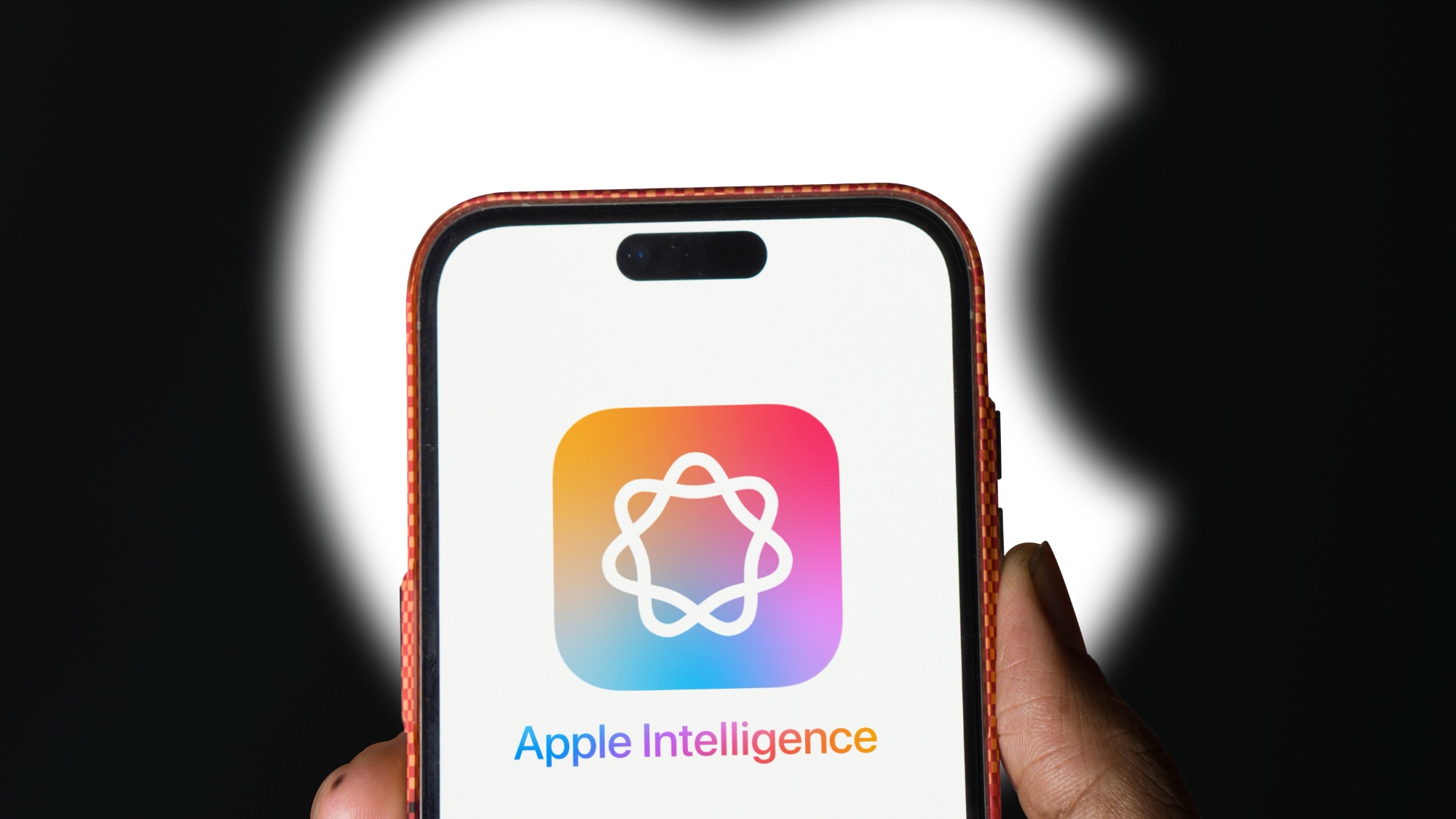Samsung is Copying the One Thing it Shouldn't From Apple
You shouldn't need a Samsung phone to use the company's most exciting new products, such as the Gear VR and Gear 360 camera. iPhones should be invited, too.
Thanks to the strong showing of the Galaxy S7 and the Galaxy S7 Edge, Samsung is riding high right now. In fact, the company just posted its strongest second-quarter results in the past two years. Many critics agree that Samsung has the best smartphones around, and the new iris-scanning, water-resistant Note 7 could be the phablet to beat.
But Samsung's strategy has one caveat: a walled-garden mentality that limits consumers' access to the company's best new products. Samsung is beating Apple at its own game when it comes to phones, but the company is also copying the one thing it shouldn't from its biggest rival when it comes to new categories.
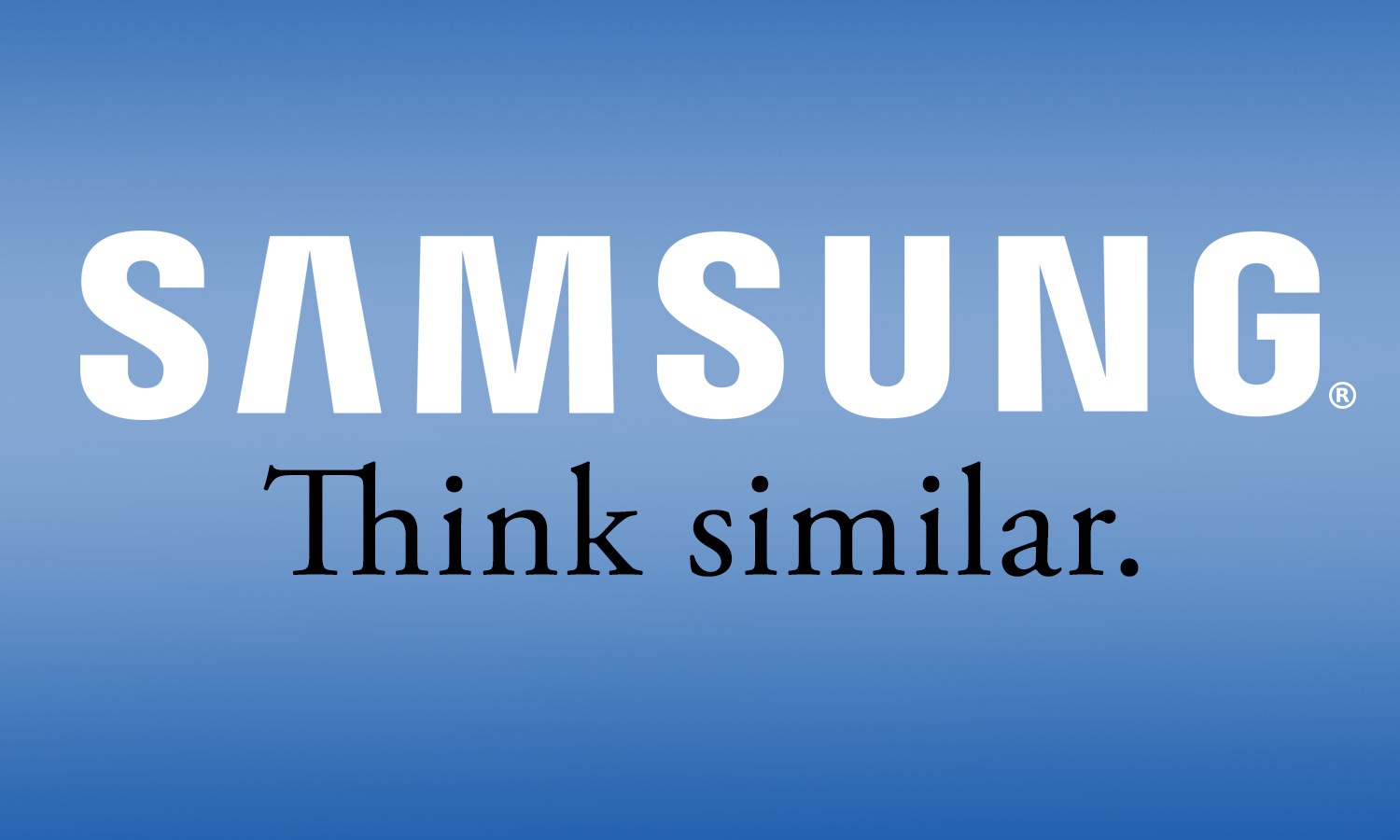
Take the Gear VR, Samsung's virtual-reality headset powered by Oculus. A new version with a wider field of view, improved controls and a comfier fit is on the way. However, only recent model Samsung Galaxy phones can tap into the immersive entertainment fun. This might seem like a competitive advantage for now, but Google is working on its own Daydream VR headset, and other phone makers will be able to make their own.
No one has to wonder if the latest Fitbit will work with their iPhone or Android, and neither should a Samsung Gear Fit2 buyer.
According to Samsung, the Gear VR apparently has one million active users per month, but it would be a lot more if other Android phones were invited to the party.
"Where being open helps you is when you're in the first phase of a technology and consumers aren't aware of what these things can do," said Ramon Llamas, research manager for wearables and mobile phones at market research firm IDC. "A good example would be the Gear VR. Having that open to as many players as possible, it helps to expand the market and not limit the market."
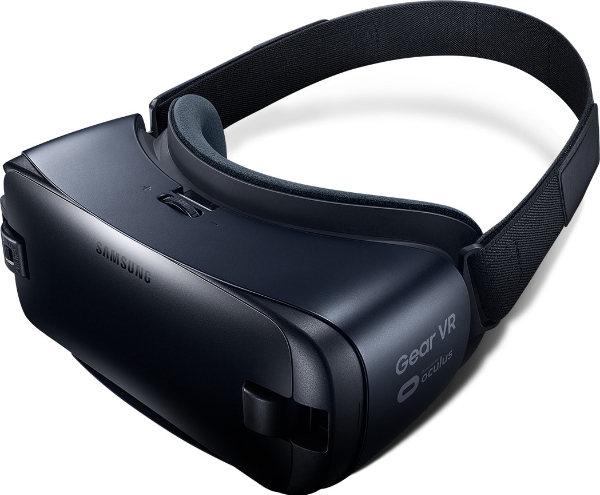
The new Gear 360 camera, which takes compelling 360-degree videos that you can view online or by using a VR headset, is, sadly, just as much of a niche product. It works only with Samsung's Galaxy S6 line, the Note 5, the Note 7, the S7 and the S7 Edge. Other Android-phone owners and iPhone owners are out of luck — which is a shame, because the Gear 360 is one of our favorite 360 cameras.
How does Samsung expect 360-degree photography and VR content creation to take off if its devices leave the rest of the market behind? Other companies, such as 360fly, make devices that support multiple platforms.
The Gear Fit2 fitness supports multiple Android phones, but it’s not as open as it should be. It's lighter and more affordable than the Apple Watch, and has both built-in GPS to track your runs and onboard storage to store your workout soundtrack. Too bad iPhone owners can’t use this device.
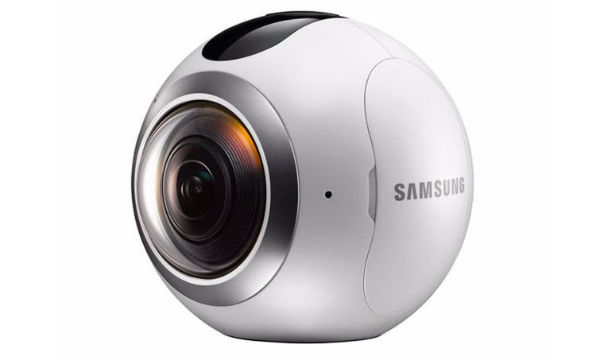
No one who walks into a Best Buy has to wonder whether the latest Fitbit will work with their iPhone or Android, and neither should a prospective Gear Fit2 buyer. Samsung could easily make the Gear Fit2 work with the iPhone by releasing a version of its S Health app for iOS.
Likewise, Samsung's Gear S2 smartwatch works with a wide range of Android phones but not the iPhone. However, reports point to the company making an iOS app that would welcome Apple fans into the fold. Maybe Samsung will wait for the upcoming Gear S3, which will likely debut in early September, to make such a move.
Apple is slower to enter new categories, so Samsung should use its first-mover strategy to its own advantage by including as many consumers as possible.
According to Llamas, Samsung's closed approach is not a matter of technical capabilities but an intentional effort to compete with Apple.
"This is where the competitive boxing gloves really start to show, Llamas said. They want to have that demarcation and say, 'We want to play with just about everybody except our No. 1 rival.'"
MORE: Best Fitness Trackers for Running, Swimming and Training
I can see why Samsung doesn't want to embrace the iPhone and, in some cases, support only its own phones. The company wants to ensure the best user experience, and it doesn't want to be known as an accessory maker for its biggest competitor.
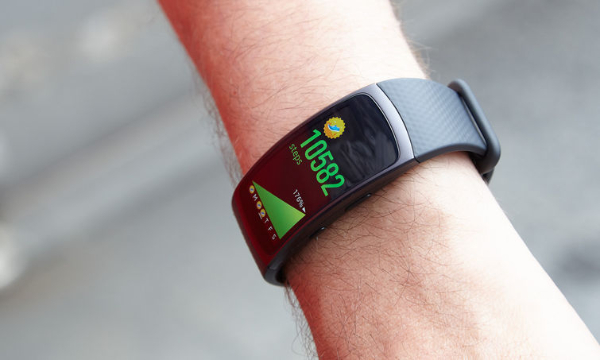
However, Avi Greengart, research director for consumer platforms and devices at Current Analysis, believes that Samsung should open up its ecosystem to Apple.
"Broadening support to other Android phones is unlikely to dramatically increase sales, but it will cost more in development and (especially) testing costs while weakening the benefit to Samsung's brand that a closed ecosystem brings," Greengart said. "Samsung needs to open up its products, but to Apple, not to other Android vendors.”
Samsung needs to open up its products, but to Apple, not to other Android vendors. -- Avi Greengart, Current Analysis
The reason why Samsung should be more open than Apple is because Samsung is known for pushing into new categories first, while Apple is slower and more methodical about trying new things. So Samsung should use that first-mover strategy to its advantage by including as many consumers as possible.
Ironically, Apple is starting to break through its own walled garden, even if it's just on the software side. Recently, the Apple Music app became available in the Google Play store, so any Android-phone owner can subscribe to the service. And iOS 10 will allow developers to create extensions for Siri that finally expand the assistant's powers, as well as make phone and messaging app extensions.
However, don't expect Apple to let the Apple Watch work with Android phones. The same thing probably goes for Tim Cook & Co.'s eventual augmented-reality headset. (If there is an Apple Car, I hope it will start regardless of which phone you have.)
Samsung should apply a tiered structure to its products. The company should absolutely make its emerging devices work better with its phones and other established gadgets, such as TVs and appliances. But it should also offer basic compatibility with other Android vendors--and the iPhone--so that more people can be exposed to Samsung's innovation pipeline.
Ultimately, this approach will benefit not only consumers, but the company as well, Llamas said.
If you start off completely closed to everybody, you might find that you're the only player -- Ramon Llamas, IDC
"They can say, 'You can use any of these devices over here, but if you use a Samsung device, you're going to have access to these other experiences, exclusive content and unique Samsung-only applications,'" Llamas said. "And once you get people hooked on those things, that's when you can hopefully convert them into being your loyal Samsung fanboys and fangirls out there.”
Samsung is thriving right now because of its superior phones, but the next big thing shouldn't be limited to a small market. Indeed, it could end up hurting Samsung in the long run.
"If you start off completely closed to everybody, you might find that you're the only player," Llamas said.
Sign up to get the BEST of Tom's Guide direct to your inbox.
Get instant access to breaking news, the hottest reviews, great deals and helpful tips.
Mark Spoonauer is the global editor in chief of Tom's Guide and has covered technology for over 20 years. In addition to overseeing the direction of Tom's Guide, Mark specializes in covering all things mobile, having reviewed dozens of smartphones and other gadgets. He has spoken at key industry events and appears regularly on TV to discuss the latest trends, including Cheddar, Fox Business and other outlets. Mark was previously editor in chief of Laptop Mag, and his work has appeared in Wired, Popular Science and Inc. Follow him on Twitter at @mspoonauer.

